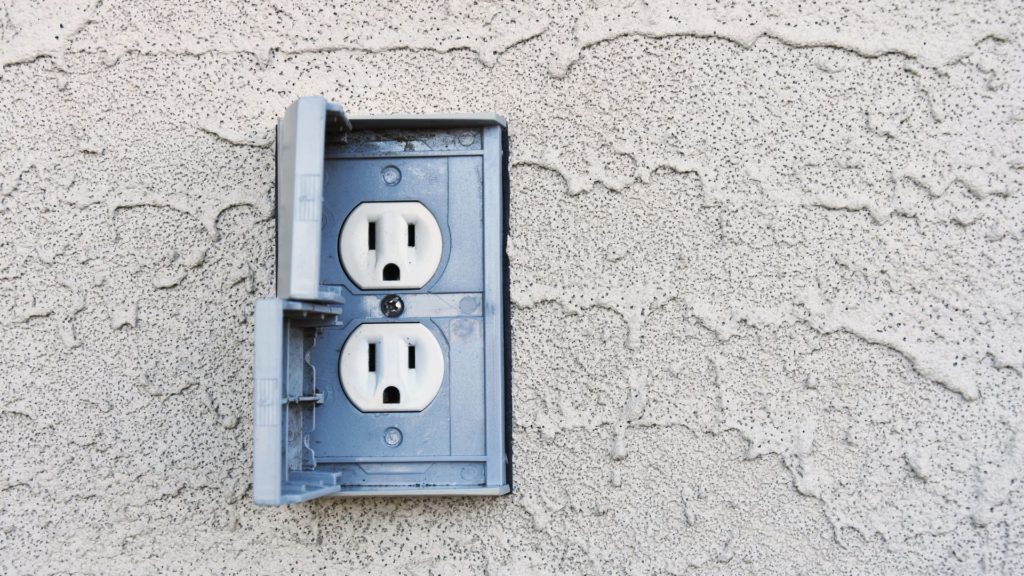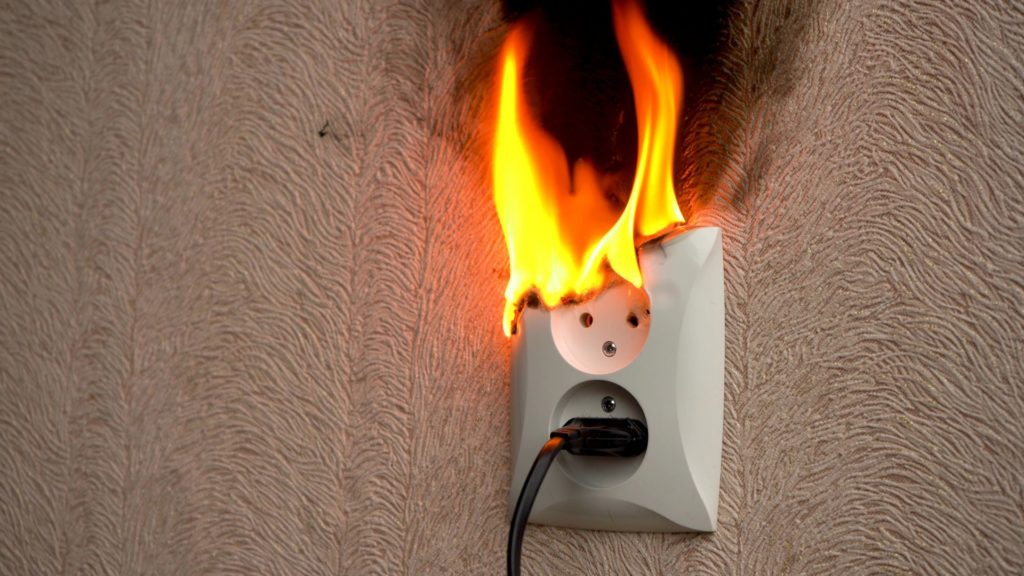If you inhabit a modern home, you probably can’t live without your water heater. The last thing you want is for your breaker to trip during a hot shower. But that might happen if the water heater shares a circuit. Some homeowners are not convinced that a water heater requires a dedicated circuit, but is that true?
Does Water Heater Need A Dedicated Circuit?
The water heater needs a dedicated circuit because if you place the water heater on the same circuit as other devices, the combined load will trip the breaker. You need a 240V circuit to make safe and effective use of the electric water heater. The goal is to prevent overloads.
In fact, gas water heaters don’t require electricity. They only need a few amps for the igniter. Even if your gas heater uses vents, they won’t use enough electricity to overwhelm the circuit.
Therefore, you should differentiate between electric and gas heaters. If you confuse the requirements of these two types of appliances, you may add an electric heater to a shared circuit without realizing the dangers it poses.
Some people also expect heavy-duty appliances to co-exist peacefully with smaller equipment, but that is not always true.
What if a malfunction occurs and the electrical draw of the smaller device skyrockets? The safer option is to keep the heavy-duty appliance on a separate circuit.
You should apply the same rationale to laundry tools like washing machines that use heating elements and motors. The same goes for air conditioning units.
What Kind Of Dedicated Circuit Does A Water Heater Need?
Most homes use 15A and 20A circuits. 15A and 20A circuits can accommodate mid-range loads. That includes TV sets, coffee makers, and toasters. A 20A circuit could support an electric heater.

- You are better off using 30 to 50A dedicated circuits. They can run washers, dryers, and ovens. You will probably require a 240V circuit just to be on the safe side.
- Additionally, prioritize 30A double pole breakers and 10-gauge wiring. Naturally, the heater’s specs will dictate the circuit size. Some electric heaters are small enough to survive on a 20A circuit. Although, even in those cases, the 20A circuit is risky.
How Do I Know If I Need a Dedicated Circuit Or Not?
An appliance that uses a lot of power requires a dedicated circuit that includes washers, dryers, dishwashers, freezers, and microwaves.
You have to place must-have appliances on a dedicated circuit. These are items you cannot do without. One example is a fridge.
If the breaker trips because the fridge exceeded the breaker’s capacity, it will deprive the appliance of power, which is problematic because your food will rot.
This is the same reason I discourage consumers from placing refrigerators on GFCIs. If the GFCI trips, the contents of the fridge will go bad. Therefore, if you feel like you cannot live without hot water, you should place the water heater on a dedicated circuit.
If the absence of hot water doesn’t bother you, ignore the dedicated circuit. Don’t forget to account for the cost of repair and replacement.
Some people place computers and home theater systems on dedicated circuits. These devices do not use enough power to require separate circuits. However, many modern devices are so sensitive that power fluctuations can destroy the delicate circuit boards.
Therefore, some people prefer to place them on dedicated circuits. It is cheaper than replacing an expensive home entertainment system. Admittedly, dedicated circuits are not always inexpensive, especially if you must rewire your home.
Ultimately, the expense involved will shape your decision, not to mention the type of equipment you want to protect. Most electric heaters are not that sensitive. Power fluctuations are unlikely to damage them.
That being said, a dedicated circuit is still the best option, if only to give you peace of mind.
What If I Don’t Use A Dedicated Circuit For Water Heater?
The biggest threat is an accidental overload. Circuit breakers are designed to protect the wires.

The electrical wires in your home are like pipes. There is a limit to the amount of current they can tolerate.
You can’t really force a pipe to carry more water than it can handle. But you can do that to an electrical wire. You can funnel so much electricity through a conductor that it melts and catches fire.
If you did not know, electricity generates heat when it passes through a medium because of the resistance it encounters. That resistance produces heat, which is why a wire’s gauge is so important.
You have to install cables that can accommodate the current your home will draw without overheating. If the current goes beyond the capacity of the conductors, the circuit breaker will step in and cut the power.
This is annoying because it de-energizes the circuit, depriving you of power. But the response is necessary to prevent electrical fires. People assume that breakers can only trip when you connect a heater with a large electrical circuit.
But that is not true. Even if the heater has a reasonable wattage, you can still overload the circuit if you add other appliances. Look at the total wattage of all the devices on the circuit, including the wattage of the water heater.
If the total wattage exceeds the breaker’s capacity, the heater cannot use that circuit. Even if the total wattage is lower than the breaker’s capacity, what if someone connects a heavy-duty appliance down the line?
What if they plug a large freezer into the wall outlet? A shared circuit leaves room for mistakes. Keep this in mind: you cannot use the circuit’s total capacity.
The total wattage shouldn’t exceed 80 percent of the breaker’s rating. You should apply this NEC rule to your calculations. If you have a choice in the matter, a dedicated circuit is a must-have. The heater should be the only appliance on the circuit.
5 Things To Consider For Running Water Heater
Wire Size
The wires are the most important factor. People tend to elevate the breaker size over the wire size. But the breakers protect the wires. You have to match the breaker size to the wire size.
After all, if you overload the circuit, the breaker will probably survive. On the other hand, the wires will melt. There is no standard gauge for water heaters. The heater will dictate the gauge.
However, 12AWG is a decent starting point. But you have to base your selection on the rating of the heating elements.
The more powerful the heater, the thicker the wires you require. You should adjust accordingly. Look for the plate on the water heater that provides the watt rating.
Turn the watts into amps before using online NEC tables to find the appropriate gauge.
Breaker Size
Find a breaker whose size matches the heater’s specs. Don’t just get the biggest breaker on the market. It won’t necessarily help you, especially if you forgot to upgrade the wire size.
An oversized breaker will permit the wires to overheat and melt because it can’t respond quickly enough. Therefore, you should look for breakers whose size fits the demands of the heater.
Type Of Heater
Do you have a gas or electric heater? Gas heaters are convenient because their electrical requirements are incredibly low. All they need is enough current to ignite the pilot. Electric heaters use a lot of electricity and thus, require a dedicated circuit.
Fuel Type Also Matters
What type of fuel do you want to use? Electricity sounds like the most obvious option. But you can also choose between solar and propane. Look for the most efficient and cost-effective energy solution.
Dedicated VS Shared Circuit
Many experts want consumers to place their heaters on a dedicated circuit. But the appliance can survive on a shared circuit. The key is to limit the number of heavy-duty devices connected to the circuit.
Take a moment to add the number of devices you want to connect to the circuit. What is their total wattage? Is the total wattage lower than the breaker size when you add the heater’s specs?
If the total wattage is too high, you need a dedicated circuit. But if the total wattage is significantly lower than the breaker size, you can use a shared circuit to operate the heater.
Related post:

